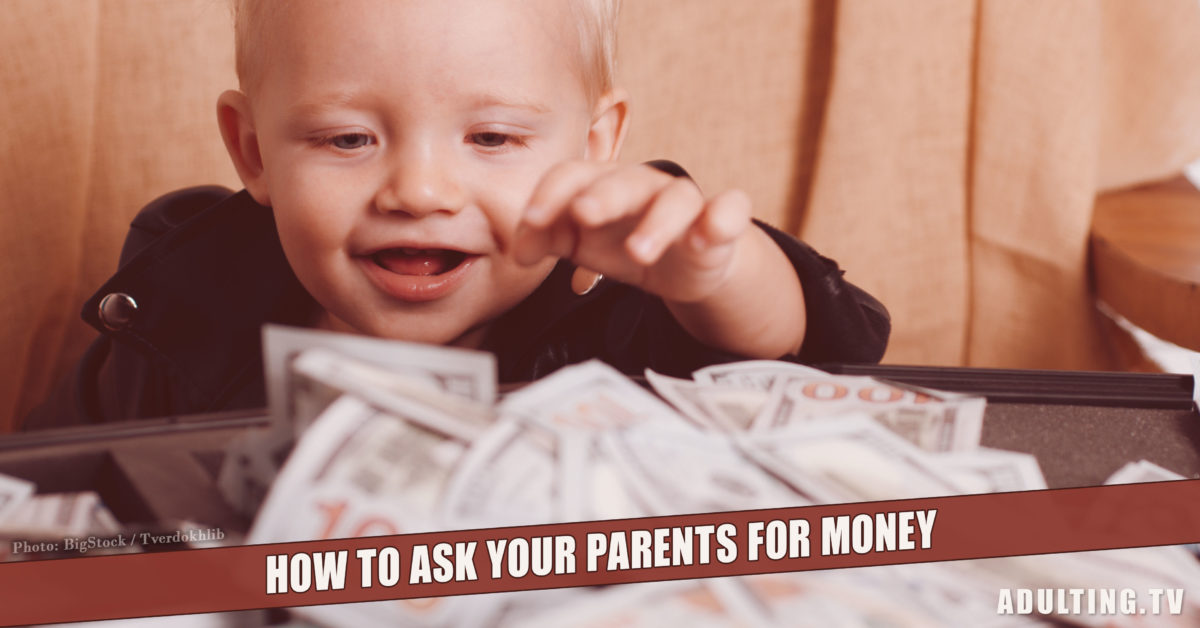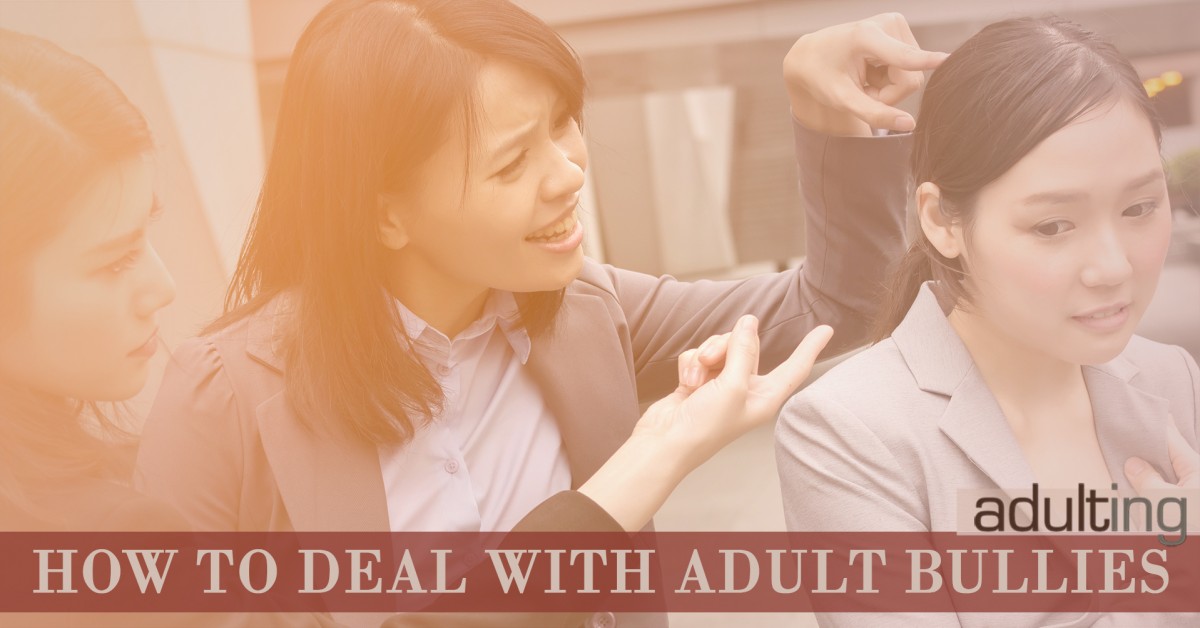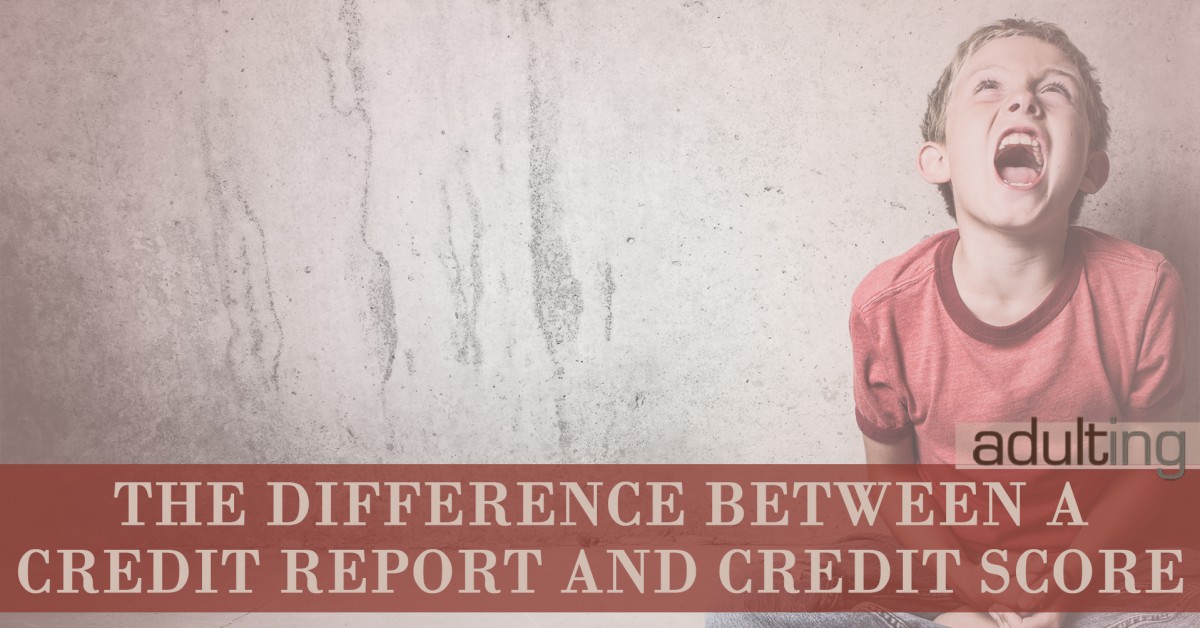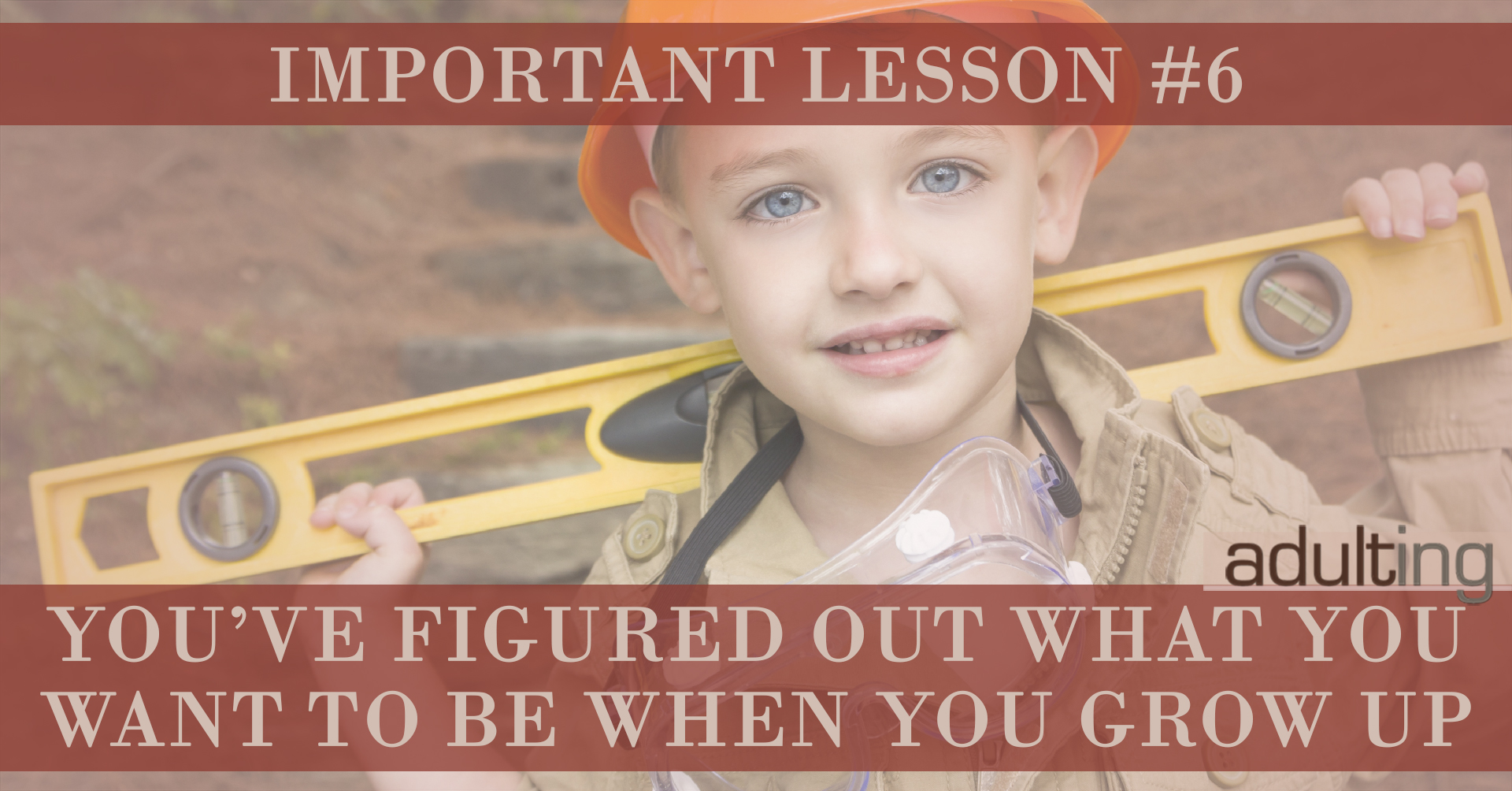The idea of borrowing money from friends or family has always made me feel…gross.
In all honesty, I’d rather be broke than deal with the icky feeling of owing someone money.
There’s something about introducing a financial transaction into a personal relationship that almost always ends up in some sort of discomfort — especially when parents are involved.
One day, you’re the independent, successful adult you struggled so hard to become, proud of your accomplishments and your ability to handle your shit.
The next day, you’re once again that awkward sixteen-year-old begging for gas money. It’s humiliating.
But sometimes asking your parents for financial help is unavoidable. In fact, about half of college students expect their parents to support them financially for up to two years after graduation.
Maybe it’s not so bad to ask your parents for money.
While your first instinct is to cringe at the idea of asking your parents for cash, the reality is that it might not be that bad.
First of all, they’re your parents. They’ve taken care of you, and they probably expect you to eventually be able to return the favor. They’ll always love you and probably be willing to help out.
Plus, they’ve had years to grow their wealth while you’re still getting used to the idea of paying someone for running water. When you combine your need for financial help with the potential to learn from your parents, it doesn’t seem so bad to get a little help and encouragement.
So whether you’re struggling to find post-college employment and need to move back in for a while, or you’re a few thousand dollars shy of owning your first home, here’s how to navigate the tricky conversation of asking for financial help from Mom and Dad:
Decide if you need a gift or a loan.
Before you even broach the subject, determine exactly what it is you’re asking for.
Depending on your mom or dad’s personality, you might be more likely to receive a loan than a handout. If so, figure out exactly how much you need to borrow, how long it will take to repay the loan, and whether or not you will also pay interest.
Many parents like the idea of a loan because you are showing a certain level of responsibility. You don’t just ask your parents for money; you make it clear you’re asking for help and you plan to repay the money. This can be a good strategy.
Many parents won’t even require interest. Or, if they do, they charge 1% or 2% APR. The good news is that there are websites that can help you create these types of agreements with each other.
One app is Frank, which makes it easy to set up loans between friends and family, and manage repayment — all without awkwardness. Sometimes you just need to have that third party (even if it’s not a real person) to provide a bit of a buffer.
On the other hand, you might know very well there’s no way you will be able to pay the money back. In that case, you’re asking your parents for a gift, not a loan.
Instead of making promises you can’t keep, be prepared to state your case as to what, exactly, you need and why your parents should be willing to make the investment.
Which brings us to the next step.
Have a solid case to present.
You might technically be an adult, but in your parents’ eyes, you will always be their child. However, this is not a situation in which you want to be viewed as immature or childish. You need to appear prepared, confident, and accountable.
If you’re going to ask your parents for money as a gift, you need to have an action plan ready to present. Write it down, review it several times, and believe in it. Know the weak points so you can properly address them.
Talk to your parents calmly and explain your situation clearly. Be prepared to negotiate. And above all else, don’t get emotional or attempt to manipulate their emotions.
It. Will. Backfire.
Don’t compromise your parents’ finances.

Some parents are willing to sacrifice everything to help out their kids, no questions asked. Others prefer to send their children to the School of Hard Knocks, even if they have to repeat a few grades.
If your parents are more like the former, be especially sensitive to how your request for financial assistance will impact their well-being.
Will Mom have to dip into her 401(k) to cover your student loan debt? Is Dad planning to work a few more years so you can get back on your feet? Be real about the impact you will have on their lives. They’ve already given you so much. Should they be sacrificing so you can be a digital nomad or get an expensive graduate degree?
It’s one thing to ask for $1,000 to help you cover unexpected car repairs. It’s quite another to ask for $15,000 to pay off the last of your student debt.
Ask yourself if you’re really okay with being the person who jeopardizes your parents’ golden years after they’ve worked so hard — for decades — to reach them.
Yeah, didn’t think so.
Should you even do it?
Turning to the Bank of Mom and Dad can be tempting when you’re seriously short on cash. But there’s a host of potential landmines when you ask for money from the people who used to change your diapers.
First, ask yourself if this is going to cause problems with boundaries you’ve been trying to enforce. It’s hard to make demands of your parents if you keep turning to them for financial help.
Consider whether you’re looking to your parents for financial support because it seems easy or because that’s really your only option.
You’re a grownass adult, so if you have the ability to do a little extra work to solve the problem yourself, try that before you ask your parents for money.
There’s nothing wrong with getting help from Mom and Dad if they’re willing and you’re in a tight spot. You shouldn’t take advantage, though.
It’s almost always best to suck it up and figure it out on your own if you can. After all, they’ve already made the biggest investment in you anyone ever will. They raised you.










